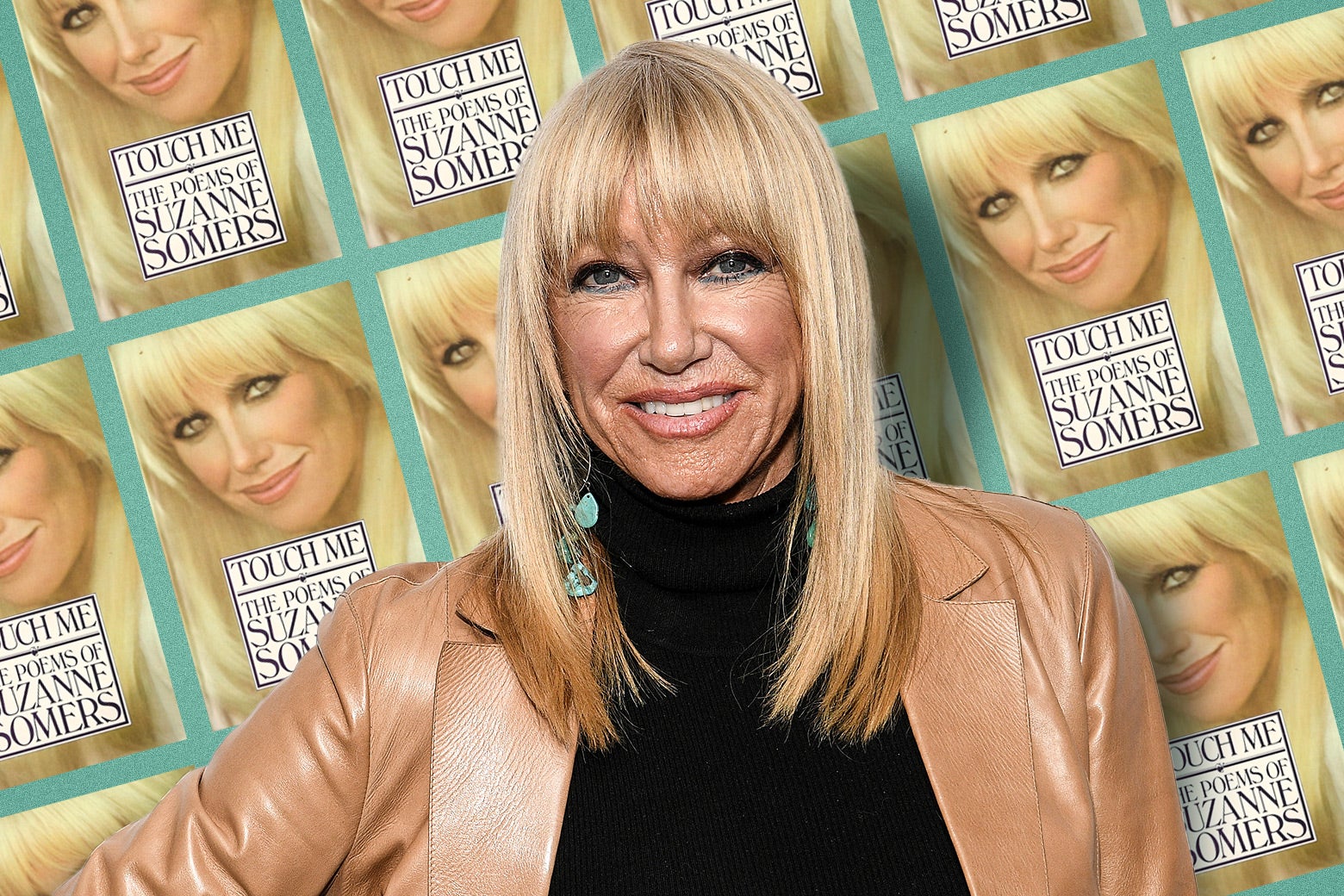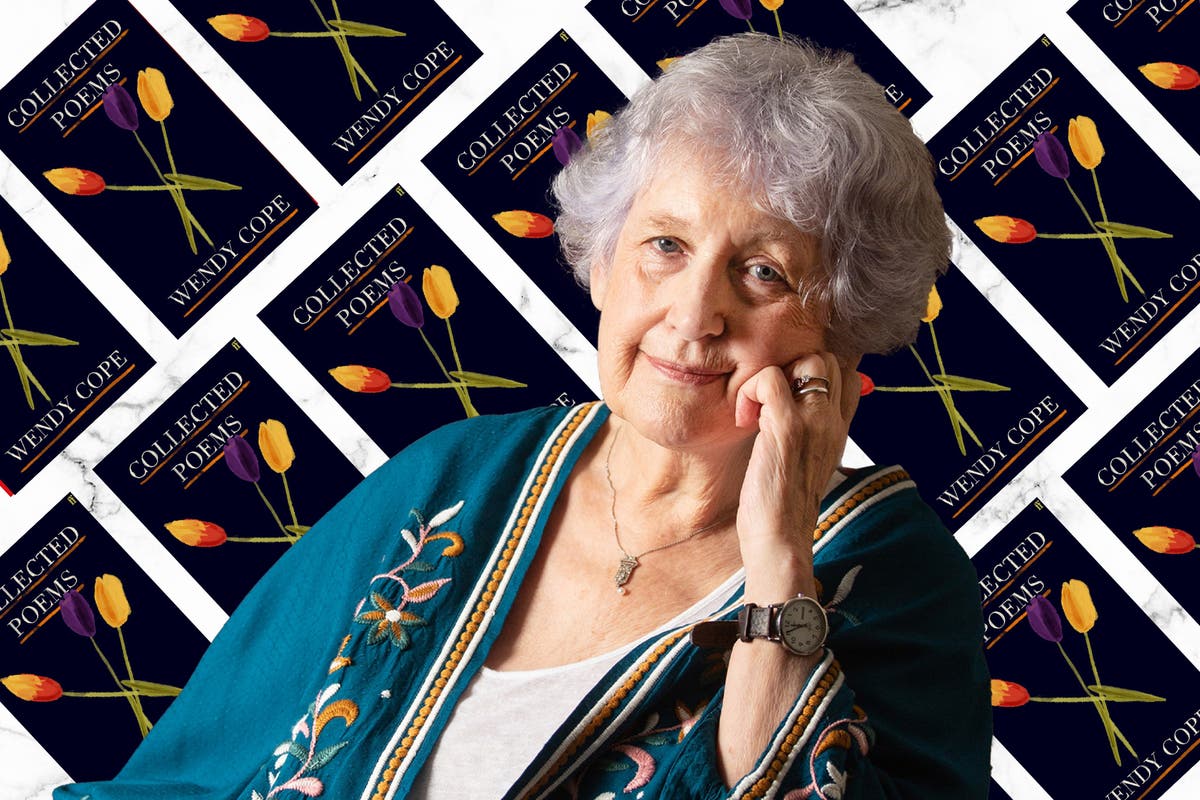
Suzanne Somers the poet: Before Three's Company, she wrote Touch Me, a collection of poems.
SlateTouch me In secret places No one has reached before In silent places Where words only interfere In sad places Where only whispering makes sense. These are the opening lines of “Touch Me,” the title poem in Suzanne Somers’ 1973 poetry collection—because, yes, in addition to being an actress best known for playing one of the 20th century’s most indelible dumb blondes on Three’s Company, a mistress of the ThighMaster, and a booster of dietary supplements and superfoods and some serious medical hooey, Somers was a poet. Browsing reviews of Touch Me on its Goodreads page, there’s lots of this sort of thing: “the best terrible poems I’ve ever read.” In a similar vein: “Seriously, I cannot recommend enough: stage dramatic readings, in public or at parties, from this collection of poems.” On Amazon, one reviewer wrote, “The poems are terrible—self-important, sophomoric, trite, no meter, no rhyme,” but nevertheless gave the book five stars. I don’t think you can write a poem about the universal yearning for love with an iconic dig at dog people without a sense of humor.” That’s a reference to a line from “Extra Love,” wherein Somers laments, “If anyone has any extra love, even a heartbeat or a touch or two, I wish they wouldn’t waste it on dogs.” In one of the few serious considerations of the poetry I could find, PopPoetry Substack writer Caitlin Cowan called it an attempted “reclamation of body through text”—she’d been a model, and even before she famously played a bimbo, that probably wasn’t an altogether unfamiliar label for her. Cowan eventually drew the conclusion that the “book succeeds in a memoiristic dimension but ultimately lacks the qualities that make poetry great: image, metaphor, attention to language, surprise, meditation, and deep cognition.” In a 2013 blog post, the poetry professor Kevin McNeilly agreed that the poems “buckle and wilt under even the slightest pressure of a close reading.” But, he wrote, he nevertheless considered his copy of the book a prized possession, and suggested considering the poems not as poetry but instead as “a key instance of what early 1970s, post-Jonathan Livingston Seagull American popular culture would have understood as aspirational self-expression.” I’m not qualified to judge the poems as literature, but when I think of all the things a budding starlet could have done with herself in the ’70s, I like that Somers chose to write poems.
Discover Related


